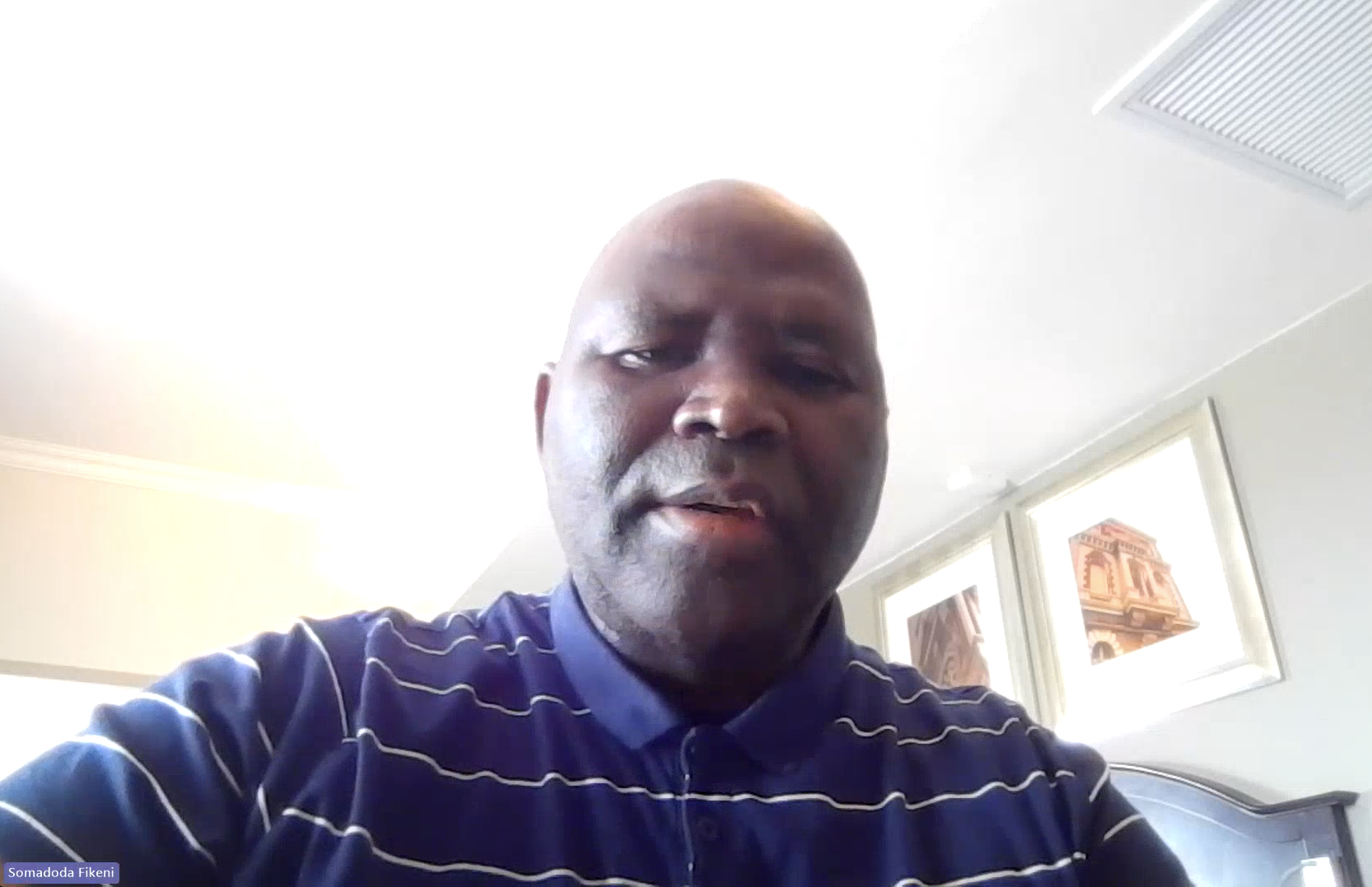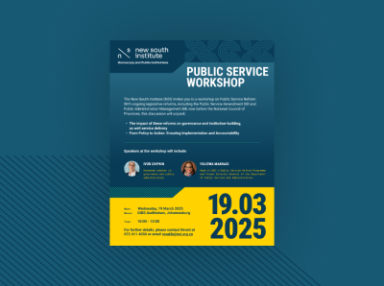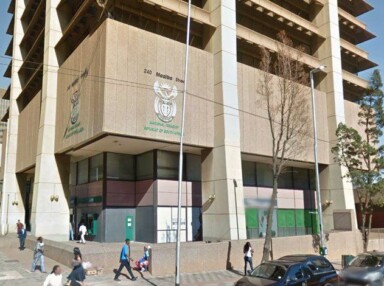Reforming South Africa’s Public Service: Insights from NSI Event at GIBS
Johannesburg, 21 June 2024 – The New South Institute (NSI) convened a discussion on public service reform, a crucial element in South Africa’s ongoing democratic development. Held at the Gordon Institute of Business Science (GIBS), the event featured NSI Executive Director Ivor Chipkin and a distinguished panel of experts who collectively unpacked the nuances and imperatives of recent political events such as the new Government of National Unity (GNU), the recently amended Public Service Act and others.
“We are at a historical juncture,” remarked Chipkin in his opening remarks referring to the election results and the GNU. “The amendment to the Public Service Act represents a monumental step towards reducing political interference in public administration and fostering a truly non-partisan public service.” Chipkin laid out a detailed framework for implementing the new legislation, emphasizing the need for transparent processes in appointing Director-Generals (DGs). He proposed an interim solution where parliamentary portfolio committees would create shortlists of candidates, balancing political and technical qualifications.
Rudi Dicks, Head of the Project Management Office in the Private Office of the President, echoed the urgency of these reforms but expressed concerns over potential pitfalls. “The real challenge will be ensuring that we do not politicize the very process meant to depoliticize our public service,” he noted. Dicks suggested the development of a comprehensive professionalization framework tailored for the GNU. This framework, he argued, is essential to prevent the new system from succumbing to the same political pressures it aims to eliminate.
From his vantage point as Chairperson of the Public Service Commission, Prof. Somadoda Fikeni provided a sobering perspective on the practical challenges ahead. “We are at a crossroads,” he asserted, warning that the transition to a more professional public service could be jeopardized by entrenched political interests. Fikeni proposed a hybrid model for appointing DGs, involving expert panels drawn from professional bodies to ensure merit-based selections. “Including experts in the appointment process will insulate it from political manipulation,” he argued.
Leon Schreiber, Shadow Minister of Public Service and Administration, brought a political lens to the discussion. He underscored the necessity of political will in driving these reforms. “For too long, the state’s inefficiency has been a political albatross,” Schreiber stated. He called for a robust, transparent mechanism to empower competent public servants and restore public trust. “This is not just an administrative challenge; it’s a political imperative,” he concluded.
Prof. Gerda van Dijk, Director of the School of Public Management and Administration at the University of Pretoria, highlighted the foundational issues of public administration education and professional standards. “Are we talking about creating a profession or merely instilling professionalism in public administration?” she questioned. Van Dijk argued for a clearer distinction and a more structured approach to public administration education, advocating for a system that views public service as a deliberate, prestigious career choice rather than a transient job.
The forum concluded with a lively Q&A session, where audience members probed deeper into the implementation strategies and potential obstacles. The discussion underscored the complex interplay between political and administrative spheres and the critical need for clear, enforceable standards.
The NSI’s event successfully galvanized a critical conversation on the future of public service in South Africa, setting the stage for substantial, impactful reforms. Following the event, the full policy briefs presented by Ivor Chipkin are available for download on the NSI website.
For more information and to download the reports, click here.








